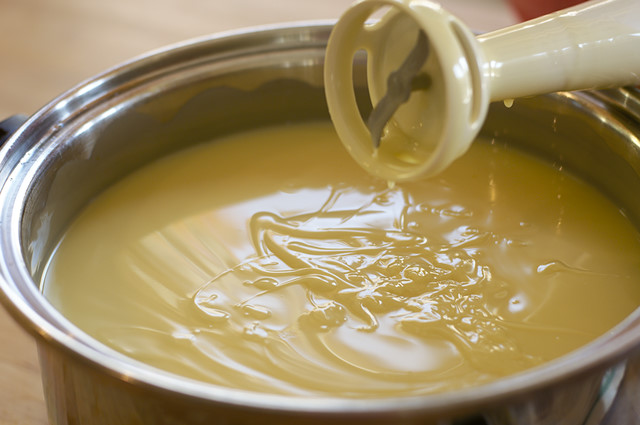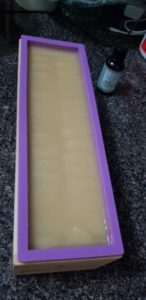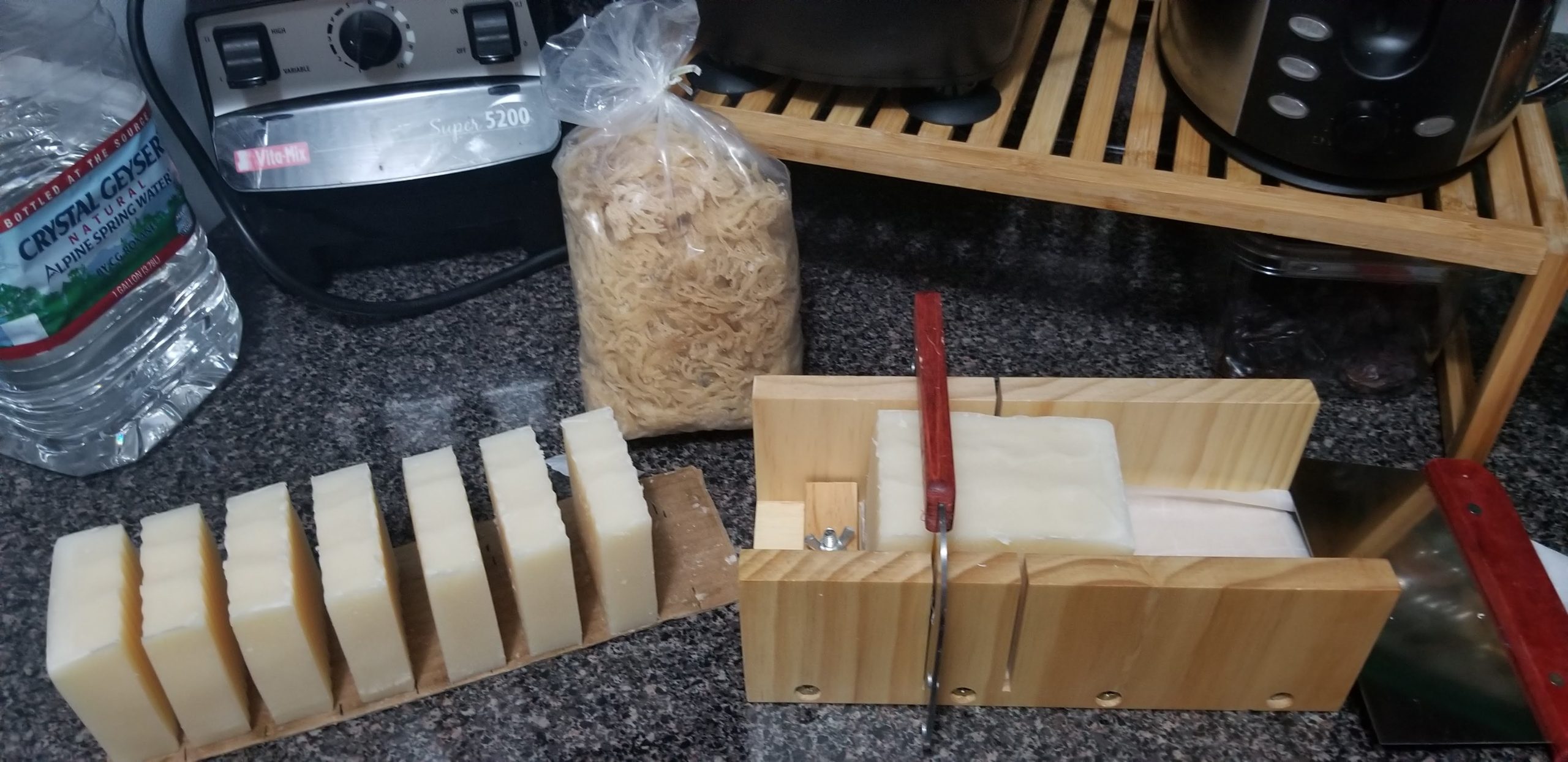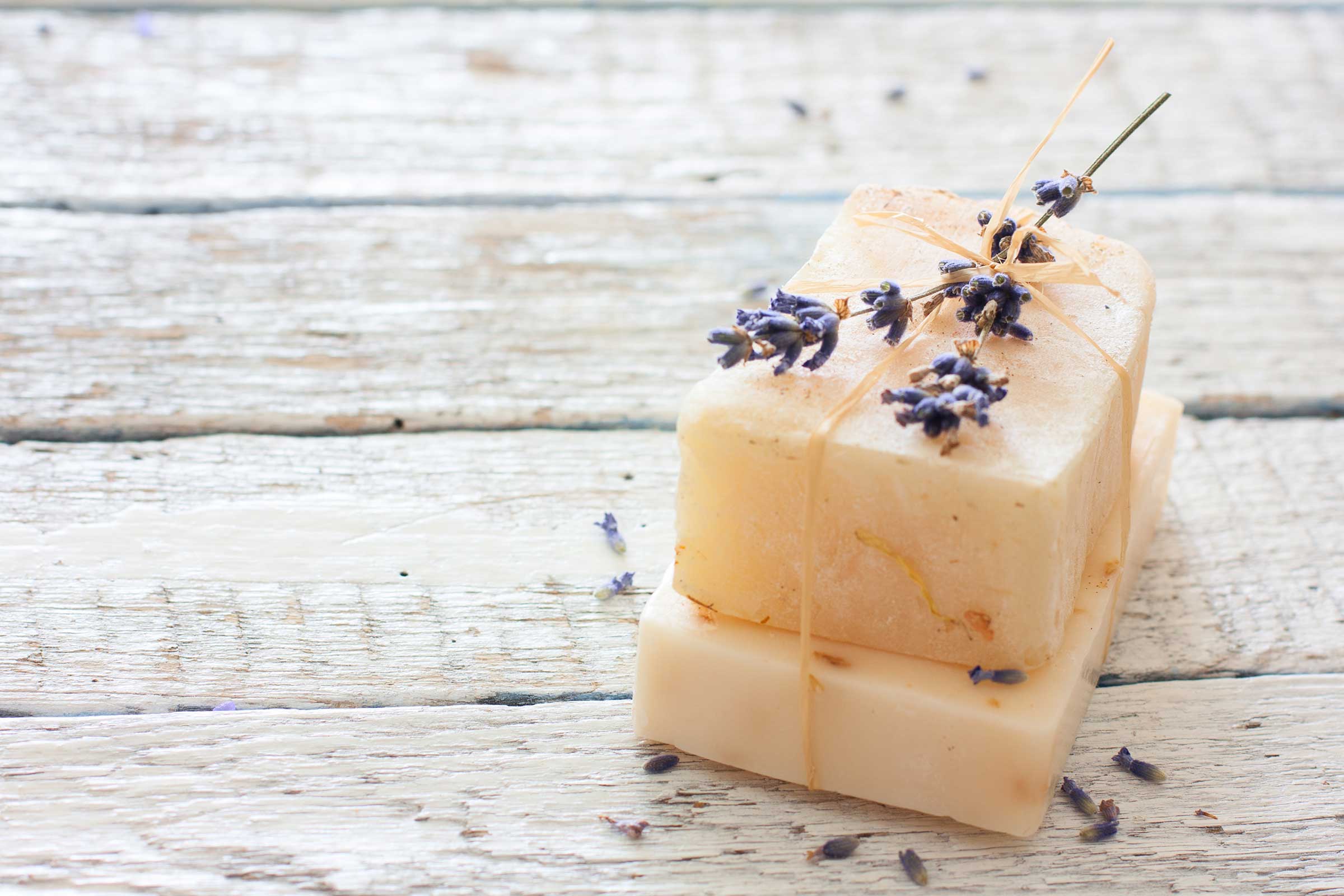FAQ'S
The answers to all of the most common question's we get asked

What is the difference between hot process and cold process?
Hot process soap batter is thick and lumpy, and is poured into the soap mold after saponification has finished. Cold process soap heats from the inside out, while hot process soap heats from the outside in. Unlike cold process soap which cures for 4-6 weeks, hot process soap can be used immediately after it hardens. Cold process bars are harder and last slightly longer than hot process bars.


Why buy handcrafted soap?
Commercial manufacturers remove the nourishing glycerin by product from soap to add other products. This is why so many commercial soap products strip your skin of its natural oils and leave it dry. Handcrafted soaps contain no harsh chemical detergents or lathering agents. Only products created through the saponification process of combining lye, water, and oils can be labeled and sold as soap. Always read product labels and ingredient lists.
Why did the bar i receive look different from the product picture?
Each bar is unique and many are cut by hand. The images show a representation of what the bars in the finished batch look like, but there may be some variations as no two bars are identical.

Does natural soap expire?
Overtime the ingredients in bar and liquid soap lose effectiveness. If used past the expiration date, soap may harm the consumer, causing skin rashes and sensitivity. Our hancrafted soaps have a shelf-life of 18 to 24 months. Store your soap in a cool dry place away from direct sunlight if not in active use.
